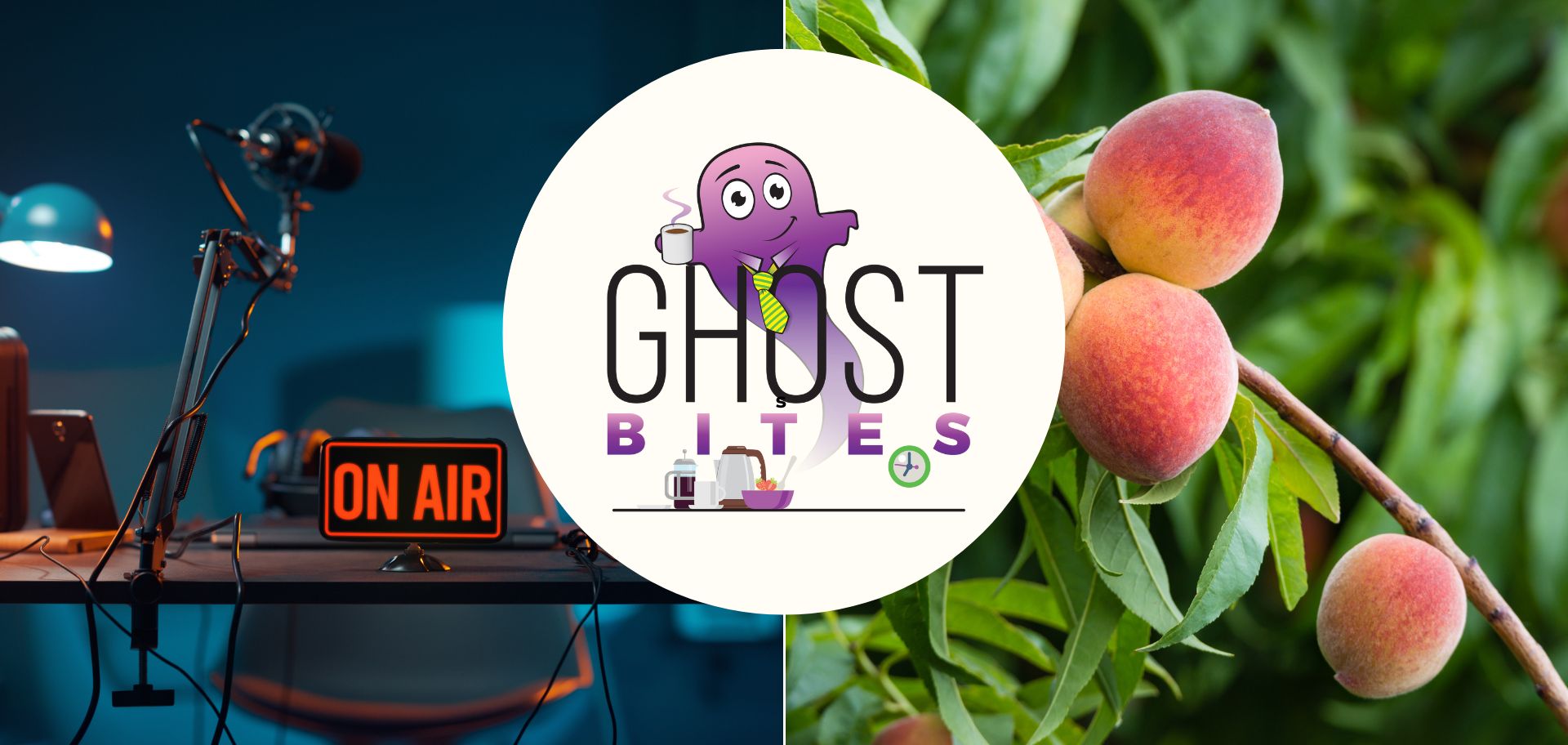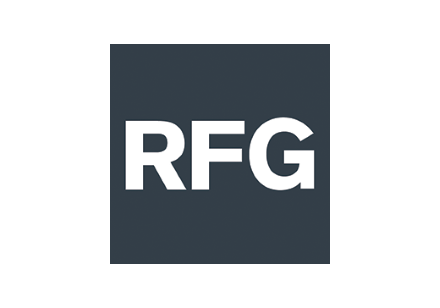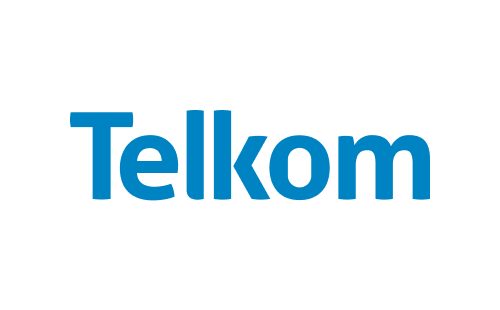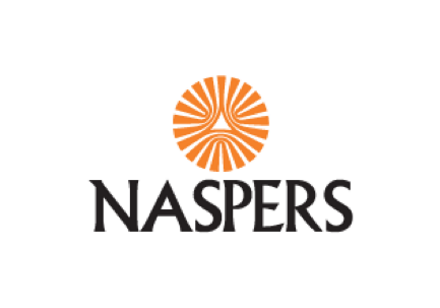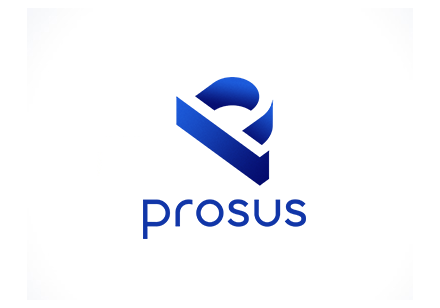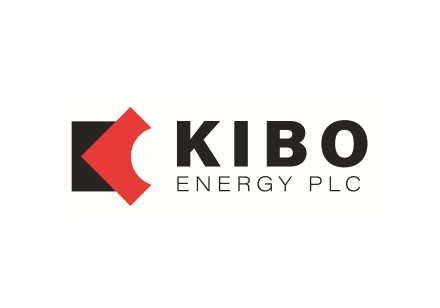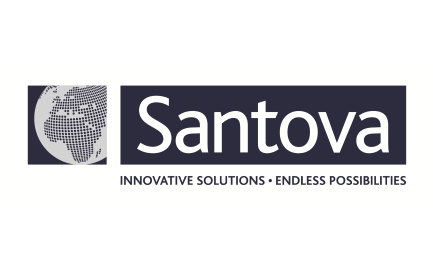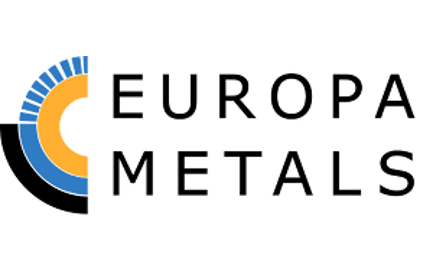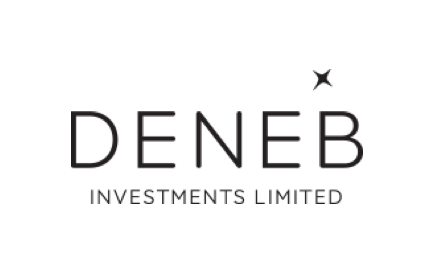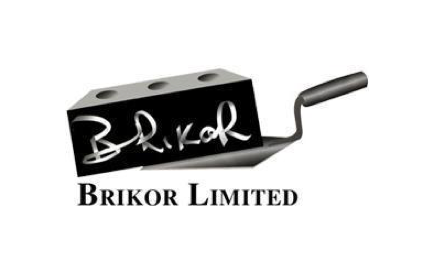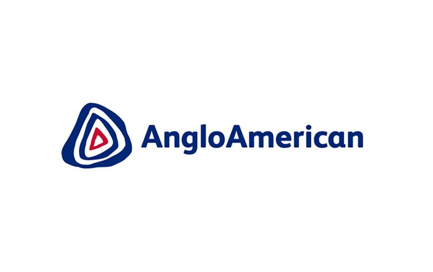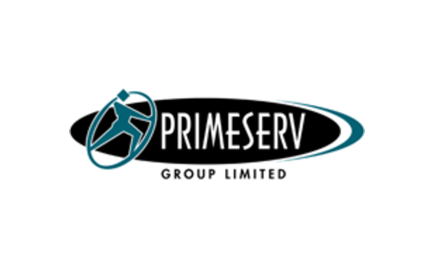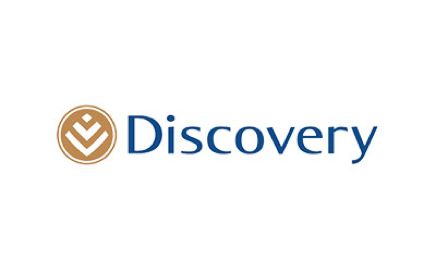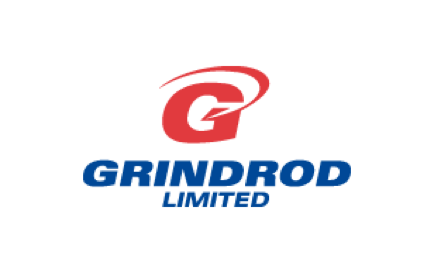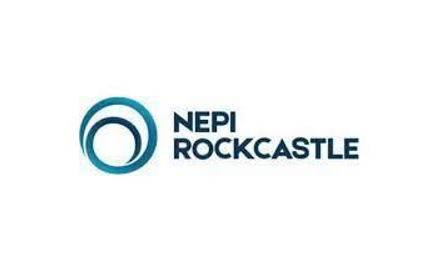African Media Entertainment welcomes back advertisers
The six months ended September 2022 were much stronger for the media assets
In this period, African Media Entertainment’s group revenue increased by 11% and operating profit increased by 22%. It gets better the further down you look, with profit before tax up 38% as the balance sheet also improved.
Regional radio is performing well again, with Algoa FM achieving results 86% above budgeted performance. The great irony is that disasters like water shortages and locust infestations helped the station secure unanticipated campaigns.
The story is similar across the other media assets in terms of performance at or above expectations, with the exception of Moneyweb. The financial media platform is running below budget across digital and radio offerings. A focus on events is part of the strategy to improve the numbers.
The interim dividend of 100 cents per share is 25% higher than last year’s interim dividend.
RFG Holdings is just peachy
This food group has had a solid year, even if the share price has gone sideways
RFG Holdings has released results for the 53 weeks to 2 October. This means there is an extra trading week in this period, which always distorts results. As a further distortion, the acquisition of Today pie was included in this result for eight months, accounting for 2.5% of group revenue growth.
I find it frustrating that the announcement doesn’t give pro-forma numbers based on a comparable 52-week trading period. This is what the grocery retailers do. Although group revenue increased by 21.9%, I know that some of this is due to the extra week.
Margins aren’t impacted by an extra trading week, so growth in group operating margin of 160 basis points is great news. Again, one needs to look deeper though – an insurance settlement of R43.4 million in this segment is a material number vs. operating profit of R574 million.
HEPS increased by 57.3% and the dividend followed suit, with a similar percentage increase to 45.8 cents per share.
Looking deeper, the good news story comes from regional fresh foods, ready meals, fruit juice and an export business that benefitted tremendously from the failure of last year’s peach crop in Greece, the world’s largest exporter of canned peaches. The weakening of the rand also helped the international business.
The noise in these numbers may explain why the share price doesn’t seem to be excited about the peach crop or the Today Pie business in 2022:

Prosus: the ultimate cash furnace
As conditions worsen in the world of frothy tech startups, Prosus is scaling back
After posting an operating loss from continuing operations of more than R1 billion in the year ended March 2022, Prosus has carried on where it left off with an operating loss of R287 million in the six months ended September 2022. If you prefer using core HEPS from continuing operations to assess performance, you’ll find a profit at least (64 cents) but a year-on-year drop of 54%.
Prosus claims to be reducing its cost base sharply to meet market challenges, so the chickens are coming home to roost here. Prosus made a number of risky investments during the pandemic in a low interest rate environment and in the immortal words of Dorothy, this isn’t Kansas anymore. Rates are much higher and the tech industry has been burning, particularly businesses that don’t have a proper business model.
The company notes that M&A investment of $230 million was considerably lower than in recent periods because of the rise in the cost of capital. It’s amazing what interest rates can do. There’s still plenty of investing through the income statement (as people like to call it), which means absorbing huge operating losses in portfolio companies that are essentially still startups.
Still, you just can’t keep a good venture capitalist down. Prosus committed €1.5 billion plus contingent consideration up to €300 million to acquire the remaining 33.3% stake in iFood from Just Eat Takeaway. In a more conservative move, Indian portfolio company PayU secured approval for the acquisition of BillDesk but didn’t pursue the deal after certain conditions were not met by the long-stop date.
The good news in this result is that the management team is using share buybacks rather than further spiderweb-inspired structures to try and address the discount to NAV. After trimming its position in Tencent, repurchases worth $4.1 billion were executed.
Perhaps a table straight from the result will help you understand the problem with Prosus. You can’t see the headings but I’ve highlighted the trading profit (mainly losses) for this period as reported under IFRS rules. Prosus might be the most efficient furnace in the world, taking profits from Tencent and incinerating them in the rest of the group:

Naspers also released results and the complex group structure means that Naspers is almost perfect repetition of Prosus. There are some key differences though, like Takealot that is owned by Naspers. The online retailer achieved revenue of $433 million and incurred a loss of $13 million, a trading margin of -3% vs. -1% in the prior period.
Takealotta Capital should be the new name for the entire group.
Telkom releases ugly results for the six months to September
Revenue is down 0.7% and HEPS has fallen by a spectacular 51.9%
When people build investment models, they don’t include assumptions like “headline earnings being less than half what they were last year” – yet here we are. Telkom has released terrible numbers and the share price has lost over a third of its value this year. MTN walked away from a potential deal and Telkom’s financial performance has been laid bare, with the combination causing much pain for investors.
Much of Telkom’s revenue base is as modern as a CD player in a car. The company is in a race against time to replace the legacy fixed business as customers migrate to fibre and LTE. One of Telkom’s horses in the race is the Mobile business and a slight increase in revenue of 0.5% is disappointing when customer numbers increased by 10.9%. There is massive competition in that market.
With revenue only 0.7% higher, Telkom was a sitting duck for inflationary cost pressures that have hit other telecommunications players, like Vodacom. EBITDA fell by 17.3% and margin contracted by 470 basis points to 23.4%. An effort was made to contain costs as far as possible, with operating expenditure only 5% higher.
In fibre business Openserve, 46.2% of homes passed by fibre are connected to the network. There is clearly room to grow here. Openserve’s revenue fell by 4.3% because of legacy products, with only 65% of revenue derived from next-generation products.
BCX grew revenue by just 0.8% and Swiftnet, the masts and towers business, suffered a revenue drop of 2.1%.
Here’s the really ugly number: Telkom generated negative free cash flow of nearly R1.9 billion. By shifting consumers to post-paid models, the handset cost is incurred up front and revenue is collected over 24 or 36 months.
Telkom is following a “value unlock” strategy and is looking to sell the investment in Swiftnet partially or in full. Openserve is a legally separated subsidiary of Telkom, opening the door to partnerships in that business i.e. bringing in new shareholders.
Medium-term guidance has been revised, with revenue and EBITDA now only expected to grow by low- to mid-single digit percentages. The board hopes to reinstate its dividend at the end of FY23. With net debt to EBITDA of 1.7x and such a tough free cash flow number in this period, things will have to improve significantly for a dividend to become a reality.
Little Bites:
- Director dealings:
- A director of a major subsidiary of Santova has sold shares worth just over R2 million.
- The CEO of SA Corporate Real Estate has retained shares worth around R3.4 million after a vesting of forfeitable performance shares based on reaching retirement age (the rest of the shares were sold to cover the tax).
- Get ready to feel poor: Discovery director Barry Swartzberg has executed options trades to hedge his position in Discovery. The value? Across four options trades, the highest position value is R448 million!
- Grindrod has declared a special ordinary dividend of 55.9 cents per share, representing a cash return of 25% of the consideration received from the sale of Grindrod Bank.
- In an update to a deal announced back in March 2022 for the sale of Glencore’s Cobar copper mine in Australia, Glencore will receive up to $1.1 billion as originally agreed but with amended payment terms. Glencore will also receive a 1.5% net smelter return life of mine royalty. Of the $1.1 billion, only up to $875 million is payable in cash in the short-term. The rest is payable in equity or in cash depending on average copper prices.
- The transition of Rand Merchant Investment Holdings into OUTsurance has taken another big step, with board changes coming on 1 December that will see the OUTsurance executive directors taking over the equivalent roles at RMI level.
- NEPI Rockcastle has been in dispute for a long time regarding the discontinued acquisition of two shopping centres in Poland. The company had raised a provision of €37.3 million for this matter and the settlement amount has now been finalised at €16 million. This means that a €21.3 million reversal will come through in the current year distributable earnings, a 10% positive impact on the revised earnings guidance given in November. Based on this, NEPI Rockcastle expects distributable earnings per share to be 48% higher this year.
- Deneb Investments released results for the six months ended September and they were heavily impacted by the timing of a Covid insurance claim in this period. Adjusting for that distortion, profit increased by 8% despite revenue increasing by 18%. Gross profit was only up 9%, with margins in the manufacturing segment coming under pressure. If you didn’t dig this deeply into the numbers, then you might’ve seen HEPS up by 59.1% and made a very different assumption about the performance.
- Indluplace released results for the year ended September. Revenue fell by 2.9% and operating profit decreased 0.6%. The net asset value per share decreased by 6.5% to R6.37 and the share price closed at R3.00. The dividend increased by 13.6% to 31.95734 cents, so this residential property fund is trading on a yield of 10.65%.
- Primeserv released interim results for the six months ended September. Revenue increased by 9% and HEPS jumped by 48%. An interim cash dividend of 2 cents per share has been declared and the share price closed at R1.05.
- Anglo American keeps making progress in its carbon reduction and water usage plans. I keep saying this in Ghost Bites: Anglo American walks the talk when it comes to ESG. The latest news is that the company has secured a desalinated water supply for its Los Bronces copper mine in Chile from 2025. Anglo’s goal is to reduce fresh water abstraction in scarce water regions by 50% by 2030. At Los Bronces, Anglo plans to eliminate the use of fresh water entirely. This is the first step in that process, with an added benefit of desalinated water being supplied to nearby communities in addition to the mine (20,000 people).
- Kibo Energy has signed a renewed Memorandum of Understanding (MOU) with Tanzania Electric Supply Company (TANESCO) regarding the development of the Mbeya Power Project. This project was first announced in 2018. There’s a lot of “agreeing to agree” here, with the renewed MOU essentially being an agreement between the parties to conclude a Power Purchase Agreement that would see TANESCO buying power from Kibo’s Mbeya project. This flagship project for a steam-powered facility has been revived and gives Kibo another iron in the fire alongside the bio-fuel initiative announced in August 2022.
- Europa Metals has signed a definitive agreement with Denarius Metals Corp that would give Denarius the option to acquire up to 80% in Europa’s wholly-owned Spanish subsidiary. This is structured as a two-stage option: one for 51% and another for 29%. If Europa shareholders agree, this would inject an initial $4 million into the Toral project and a further $2 million down the line. Separately to this agreement, Europa has raised £580,000 by issuing shares at a substantial premium (more than 60%!) to the current traded price.
- Brikor has released financial results for the six months ended August. Revenue increased by 10% but EBITDA fell by 50%. The group is breakeven at headline earnings level and no dividend was declared.

